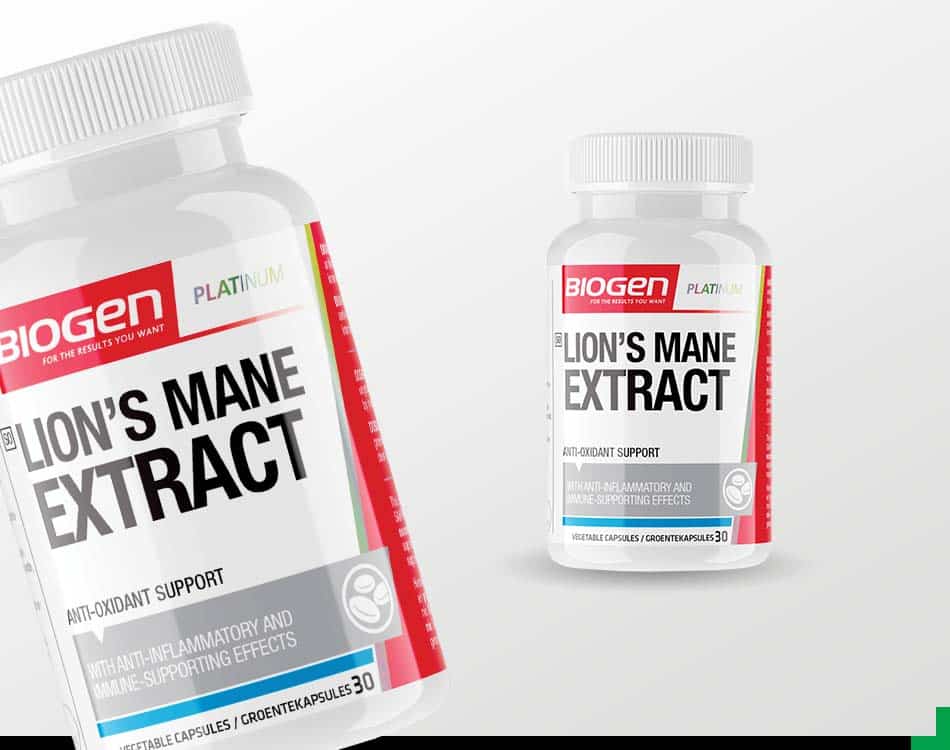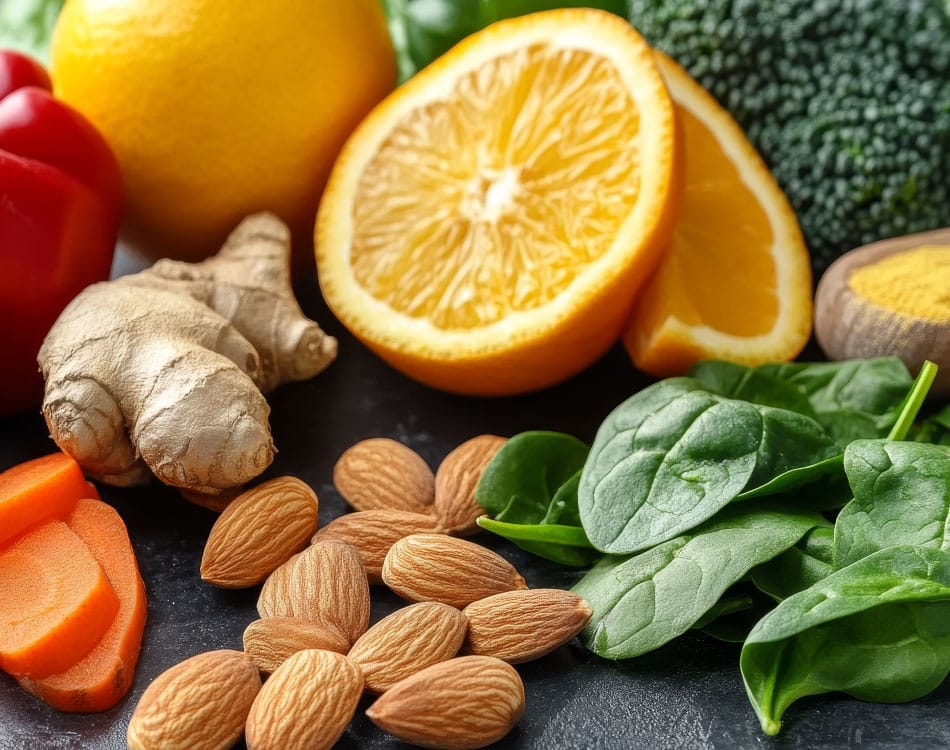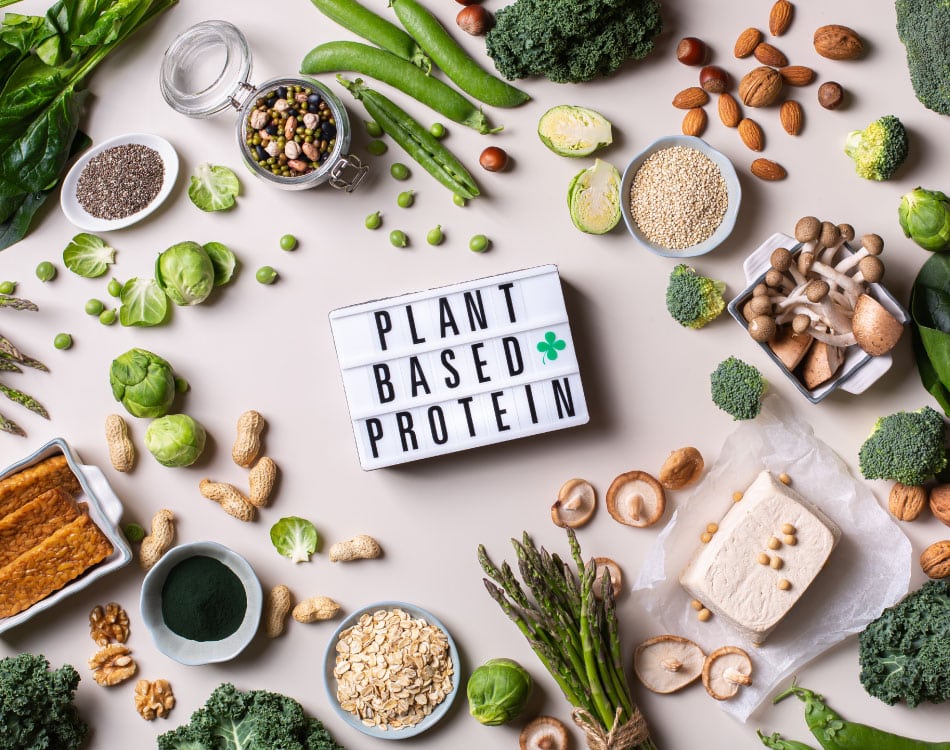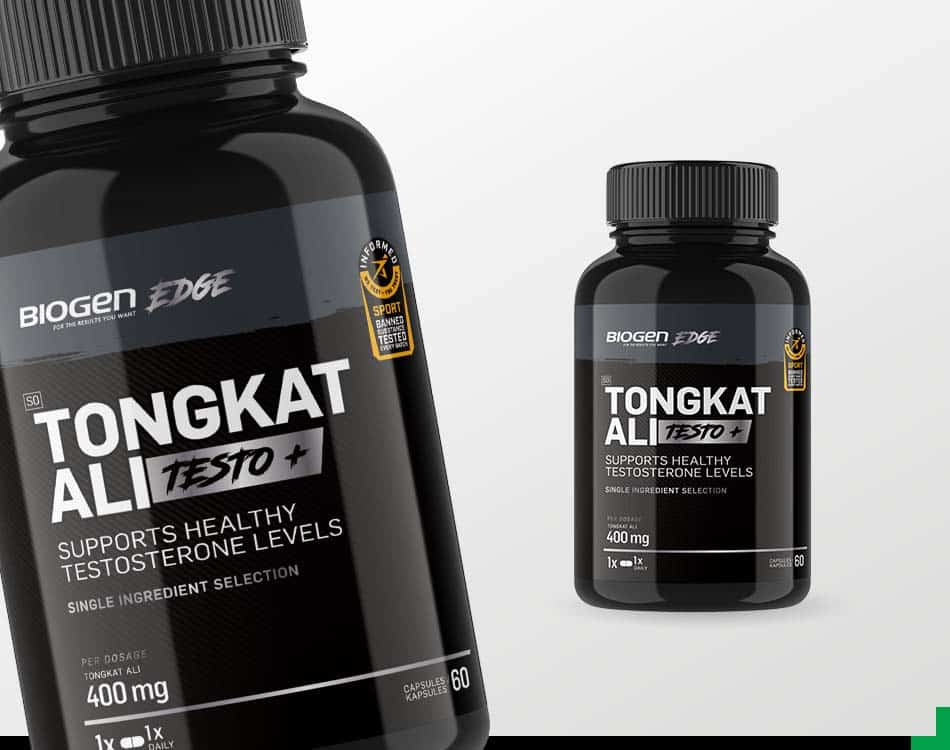Among the various nootropic supplement options available that aim to enhance cognitive performance, one type of natural substance – lion’s mane – is mushrooming in popularity.
Nootropics have emerged as a prolific trend in recent years as we look for ways to support our mental health and function with better focus and memory, enhanced mood and improved sleep quality.
READ MORE | Don’t Let Dopamine Exhaustion Keep You Down With A Nootropic Supplement
A natural nootropic
Lion’s mane (also known as yamabushitake or Hericium erinaceus) is a potent edible mushroom that has been used in traditional Chinese medicine for centuries and is also a popular ingredient in East Asian cuisines.
Named for its unique shaggy appearance, the mushroom grows in regions in North America, Europe and Asia.
Lion’s main mushrooms contain various bioactive compounds that may improve the brain’s regenerative function to aid brain cell recovery and potentially offers neuroprotective properties while supporting mental clarity and better sleep.
Available research also suggests a possible benefit on certain measures of memory and cognitive function along with improvements in depression, anxiety, and fatigue.
READ MORE | Boost Your Performance Inside And Outside The Gym With Nootropics
Research-backed benefits
For example, findings from a placebo-controlled trial1 published in Phytotherapy Research suggest that lion’s mane may improve symptoms of mild cognitive impairment (MCI) in older age.
During the study, adults (Japanese men) aged between 50 and 80 took four tablets containing 250mg of lion’s mane three times a day for 16 weeks.
Cognitive function scale testing showed that the participants taking lion’s mane scored higher than the placebo group, and their cognitive ability improved while taking the supplement. However, cognitive test scores decreased significantly just four weeks after discontinuing use.
In terms of its neuroprotective benefits, a 2021 study2 published in the journal Antioxidants found that lion’s mane (and another type of mushroom known as coriolus versicolor or turkey tail) exhibit neuroprotective effects against the inflammation and oxidative stress often associated with a traumatic brain injury (TBI), which may increase a person’s risk of developing conditions like Parkinson’s disease.
Lion’s mane’s potential neuroprotective benefits may relate to its impact on nerve growth. The mushroom contains compounds called hericenones and erinacines, which may stimulate the production of nerve growth factor (NGF) in the brain3, which plays a crucial role in brain cell health and communication, and some believe it may help protect against cognitive decline.
READ MORE | Nootropics Give You A Mental Edge
Taming anxiety and depression
Lion’s mane might also offer relief from anxiety and depression symptoms, with animal and human studies demonstrating positive results.
For instance, a small study4 in mice found that a lion’s mane supplement increased dopamine and serotonin production in stressed mice while a small study5 involving menopausal women found that those consuming lion’s mane for four weeks reported reduced anxiety and depression compared to the placebo group.
A pilot study that investigated the acute and chronic (28-day) cognitive and mood-enhancing effects of lion’s mane in a healthy, young adult cohort emerged with similar results, showing improved “speed of performance” and reductions in “subjective stress in healthy, young adults”.
While the researchers in the mice study suspect that the NGF-boosting properties and anti-inflammatory effects of lion’s mane contribute to this positive effect on mood, the research on the menopausal women suggests a different mechanism from the NGF-enhancing action of lion’s mane.
READ MORE | These Supplements Can Help You Pass The Stress Test With Flying Colours
Lion’s mane in supplement form
Lion’s mane mushrooms are typically included in supplements in the form of an extract, such as Noolit Lions Mane Stress Relief Capsules and Foodgrown Lion’s Mane Extract.
Manufacturers subject the fruiting body of the lion’s mane mushroom to an extraction process that isolates and concentrates the targeted compounds. This concentrated extract is then added to capsules, powders, or liquid tinctures for consumption.
Consumers may also find lion’s mane mushroom in powder form after it is dried and ground, which is either placed directly in capsules or mixed into other supplement formulations. This method preserves most of the mushroom’s components, but the concentration of active ingredients is typically lower compared to extracts.
Supplement manufacturers select their preferred method based on factors like desired potency, product format, and cost. Ultimately, the goal is to include a bioavailable form of lion’s mane in the final product for consumers.
READ MORE | New Biogen Lion’s Mane Extract Delivers Antioxidant And Immunomodulating Benefits
Important considerations
While the research on lion’s mane is still progressing with larger, more robust studies looking to confirm its effectiveness, the initial results seem to support its use aa a a natural brain booster and mood regulator.
However, lion’s mane may interact with certain medications. As such, it is important to consult with a qualified healthcare professional before taking any supplement that contains this nootropic ingredient.
References:
- Mori K, Inatomi S, Ouchi K, Azumi Y, Tuchida T. Improving effects of the mushroom Yamabushitake (Hericium erinaceus) on mild cognitive impairment: a double-blind placebo-controlled clinical trial. Phytother Res. 2009 Mar;23(3):367-72. doi: 10.1002/ptr.2634. PMID: 18844328.
- D’Amico R, Salinaro AT, et al. Hericium erinaceus and Coriolus versicolor Modulate Molecular and Biochemical Changes after Traumatic Brain Injury. Antioxidants. 2021;10(6):898.
- Lai PL, Naidu M, Sabaratnam V, Wong KH, David RP, Kuppusamy UR, Abdullah N, Malek SN. Neurotrophic properties of the Lion’s mane medicinal mushroom, Hericium erinaceus (Higher Basidiomycetes) from Malaysia. Int J Med Mushrooms. 2013;15(6):539-54. doi: 10.1615/intjmedmushr.v15.i6.30. PMID: 24266378.
- Chiu C-H, Chyau C-C, Chen C-C, Lee L-Y, Chen W-P, Liu J-L, Lin W-H, Mong M-C. Erinacine A-Enriched Hericium erinaceus Mycelium Produces Antidepressant-Like Effects through Modulating BDNF/PI3K/Akt/GSK-3β Signaling in Mice. International Journal of Molecular Sciences. 2018; 19(2):341. https://doi.org/10.3390/ijms19020341.
- Nagano M, Shimizu K, Kondo R, Hayashi C, Sato D, Kitagawa K, Ohnuki K. Reduction of depression and anxiety by 4 weeks Hericium erinaceus intake. Biomed Res. 2010 Aug;31(4):231-7. doi: 10.2220/biomedres.31.231. PMID: 20834180.
- Docherty S, Doughty FL, Smith EF. The Acute and Chronic Effects of Lion’s Mane Mushroom Supplementation on Cognitive Function, Stress and Mood in Young Adults: A Double-Blind, Parallel Groups, Pilot Study. Nutrients. 2023 Nov 20;15(22):4842. doi: 10.3390/nu15224842. PMID: 38004235; PMCID: PMC10675414.















